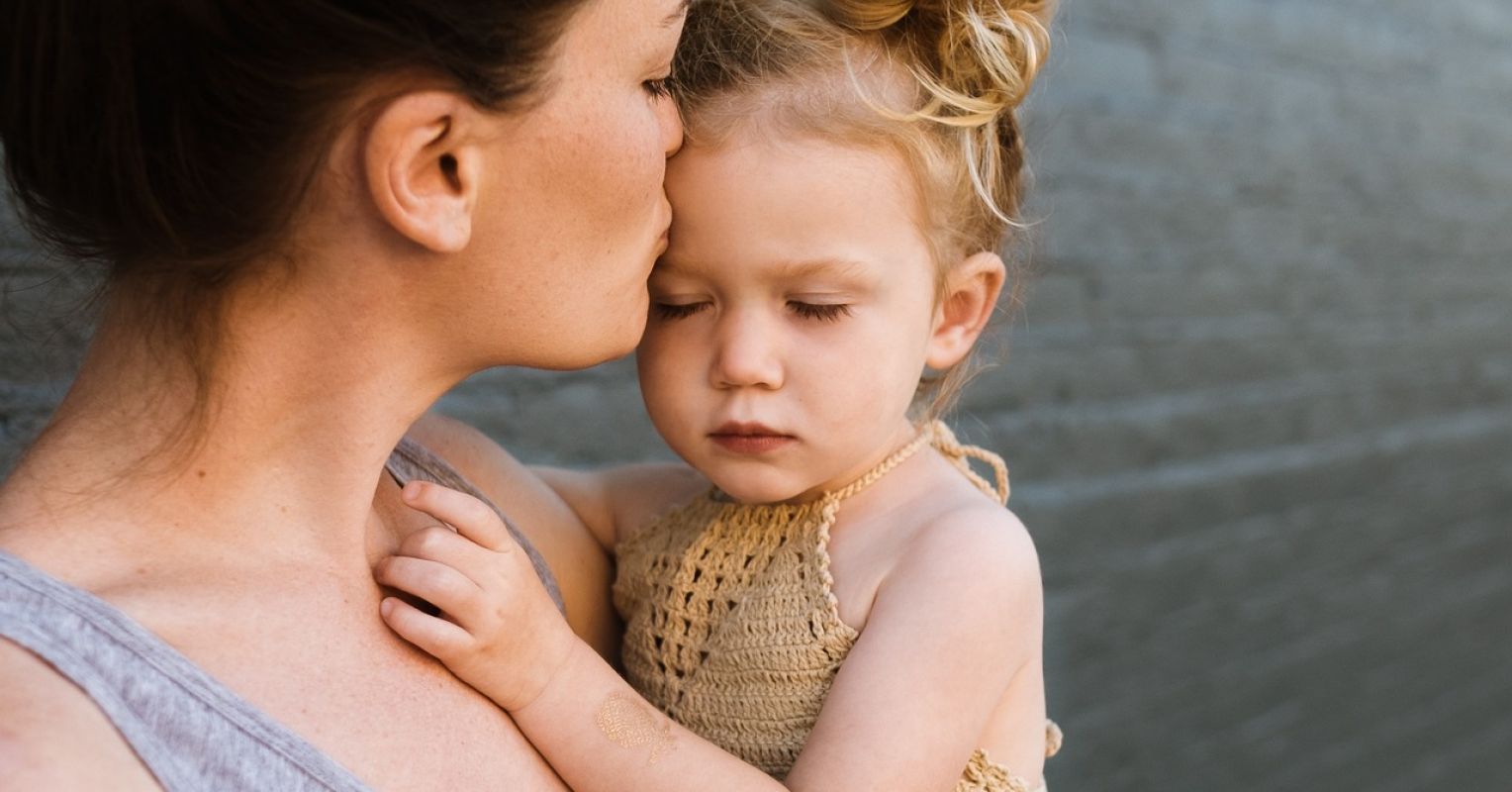
I hear it all the time from clients: Their parents had divorced when they were young, and more than anything in the world, they didn’t want their kids to experience what they did. These clients’ memories weren’t positive, even when their parents quickly got their acts together so they could co-parent as parents who just “happened” to be divorced and living in two different homes. For these children of divorce, the stage had already been set, set when their parents told them they were divorcing.
As I saw a pattern emerge, I knew there had to be a reason even some of the best parent-child relationships after divorce still had a cloud over them. So, during my consults, I started asking a simple question: How did you and your now ex tell your children you were getting a divorce?
The answers were startling, from parents telling their children in the heat of an argument (“Your father and I are getting a divorce!”) to children being sat down by two parents who had historically (and sometimes literally) been at each other’s throats for an uncharacteristically sugar-coated conversation — a conversation that culminated a few weeks later in one parent packing boxes while the kids and hostile inlaws watched. Years later, both sets of children looked back on these moments tearfully.
So, how can you avoid this if you and your spouse are getting divorced? As a family law attorney devoted to child-centered co-parenting, here are my suggestions.
Outline the “we’re getting divorced” conversation with your spouse beforehand.
Having a general script about what you want to say to your kids about your impending divorce and how you’ll answer their questions can help you stay aligned in your message. Though you won’t be able to anticipate every question your kids will ask, you can anticipate some. It’s natural if you aren’t sure how to respond, so speaking with a professional such as a child therapist can provide you with added guidance.
Choose a safe space for your conversation.
If there’s no danger to you or your children due to domestic violence or a foreseeable risk of erratic behavior by your spouse resulting from drugs, alcohol, or mental health issues, the conversation should occur in a familiar setting without outsiders present. The idea is for your children to feel comfortable expressing their emotions.
Keep the conversation calm, age-appropriate, and honest.
For questions you don’t know how to answer simply because you and your partner don’t yet have the answers, you should say something like, “We are still working out some of the details but will let you know as soon as we have them.” Just know that this won’t necessarily satisfy them fully or for long.
Your children will likely surprise you somehow, whether with the depth of their questions or a commentary they provide about your relationship, which, keep in mind, they’ve been witness to their whole lives. No matter how shocking it may be, don’t admonish them; you want to keep the lines of communication open.
If a question or comment makes you feel uncomfortable, acknowledge it by saying you need time to consider their thoughts and will address it with them during another upcoming conversation. The point is to stay calm, answer your children in an age-appropriate manner even if their questions or comments reflect understanding beyond their years, and be honest about what you know now and what you don’t.
Reassure your children and provide them with a sense of stability.
Though you won’t have all of the details ironed out yet, and you have let your children know you and your spouse will fill them in as you have a better idea of what’s to come, reassure them that whatever changes are on the horizon, one thing will never change: that you and their other parent love them regardless. It may sound trite, but children of all ages must hear this. Not just once, either. Reiterate it casually as conversations arise.
Be positive without ignoring the loss your children are feeling.
Your children didn’t ask for your divorce and will probably feel a sense of loss for what was and for the childhood they envisioned that’s now going to be different. While it’s great to be optimistic about the future, you don’t want to do so at the risk of not acknowledging their disappointment.
Remember, you and your spouse may be experiencing similar emotions, regardless of who initiated the divorce and why. You wouldn’t want those emotions minimized or ignored. If your children feel seen by their parents, they can better face and process their grief.
Don’t let the conversation drag on.
Avoid fear-mongering comments, such as “We may have to move to a new house,” and those about money, like, “We may not be able to afford to send you to summer camp anymore,” even if these comments are accurate or you are afraid they may become accurate.
Children process information according to age and cognitive abilities, so you don’t want to overload even older children with too much too soon. Let them know this conversation is only the first of many and that they can come to you to discuss the divorce and related issues at any time.
You may find, however, that they don’t come to you. Rest assured, it doesn’t mean your children aren’t thinking about what’s happening in their family; they are. With this in mind, you should check in with your kids periodically. If they aren’t comfortable talking to you or they are shutting you out, consider finding a mental health professional for them to talk to. One who supports your message that they will be all right because you’re all still their family no matter what.
